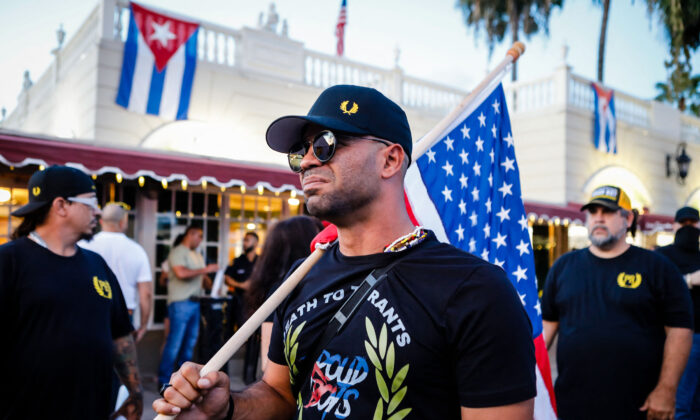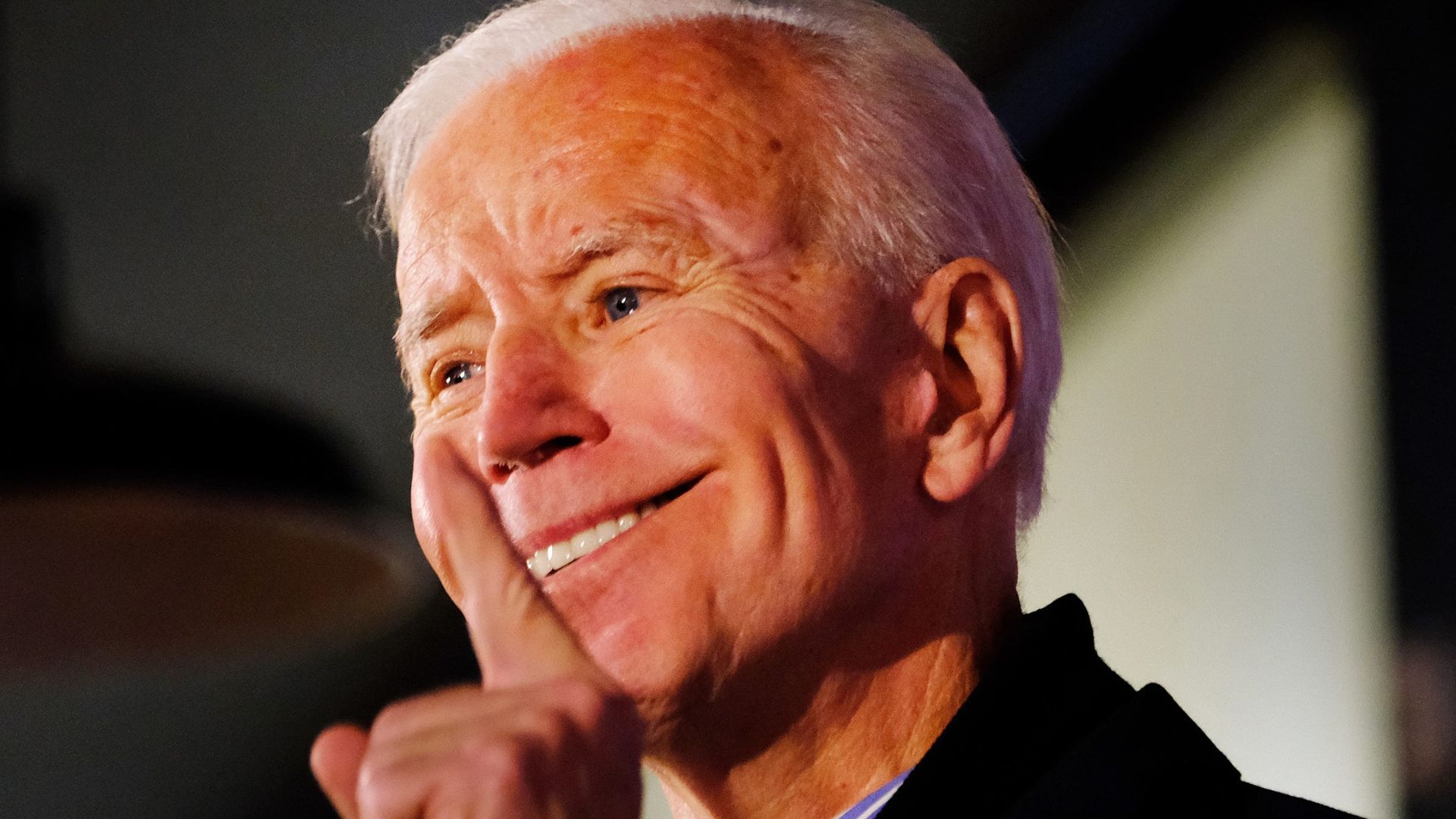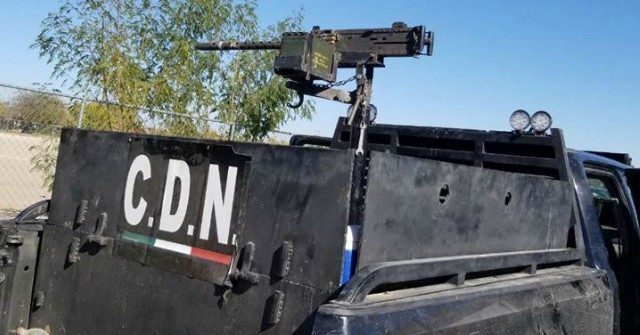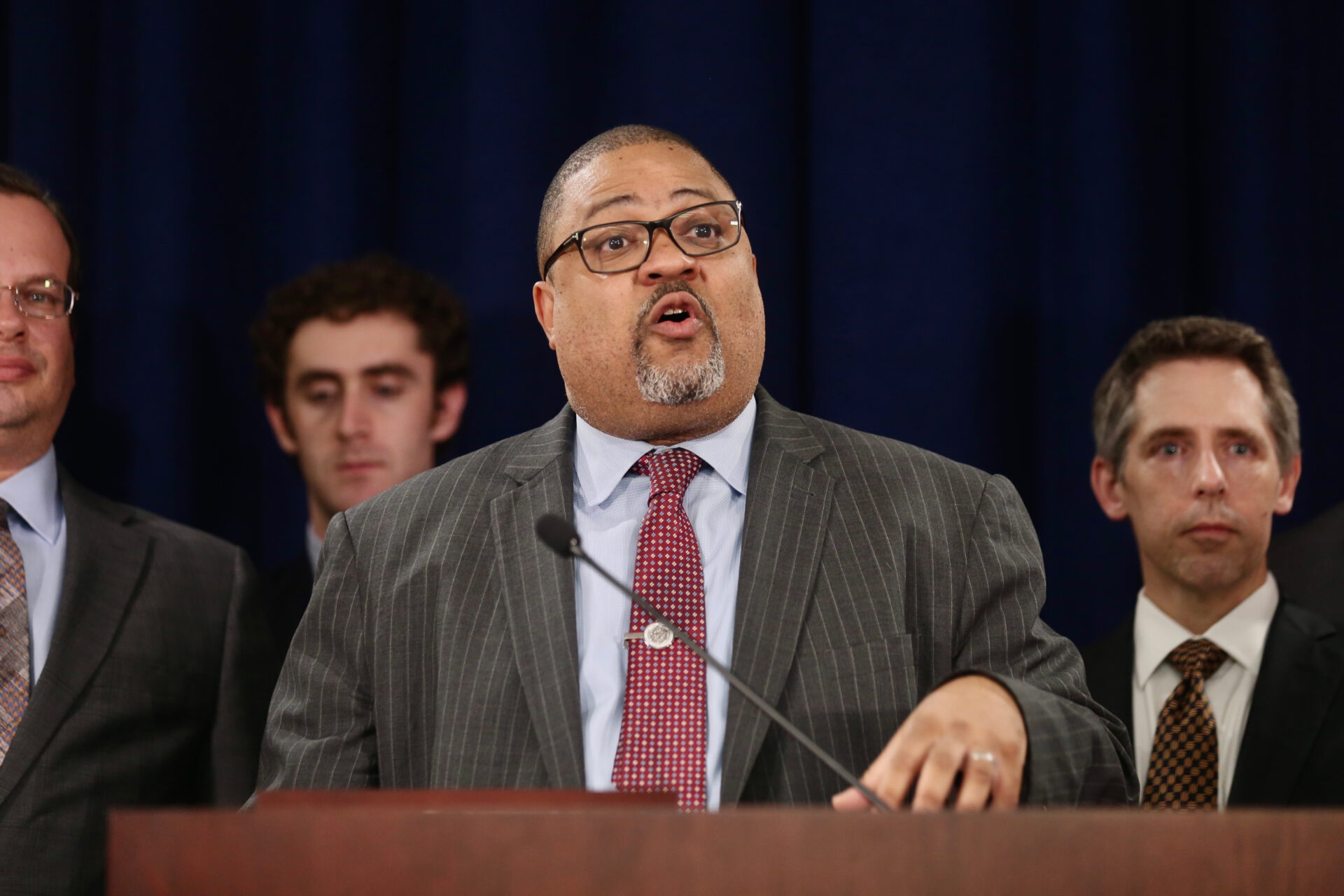President Donald Trump has taken decisive action in granting pardons to individuals involved in the events of January 6, leading to the release of several detainees. Family members have joyfully shared on social media that their loved ones have been set free, crediting Trump’s swift intervention.
Following his inauguration as the 47th president, Trump referred to the detainees as “hostages” in his speech, signaling his intent to address their cases promptly.
National Security at the Forefront
After attending an event at the Capital One Arena in Washington, D.C., on January 20, Trump made his way back to the Oval Office. There, he signed off on pardons for approximately 1,500 individuals linked to the Capitol breach of January 6, 2021. Additionally, he commuted the sentences of those who were still serving time, providing relief to many families.
Among those who have been released is Enrique Tarrio, the former leader of the Proud Boys. Tarrio had been facing a daunting 22-year prison sentence related to the incident. His mother, Zuny Tarrio, expressed her elation in a post on X, declaring, “Enrique Tarrio is Free! Free At Last!! Thank God Almighty Free At Last!!”
Although Tarrio did not enter the Capitol on January 6, he was convicted of seditious conspiracy. His lawyer had reached out to Trump in a letter, portraying Tarrio as “nothing more than a proud American that believes in true conservative values.” This advocacy, coupled with Trump’s decisive pardon, has led to his release.
Trump’s orders included a full and unconditional pardon for all individuals convicted of offenses related to January 6, except for 14 individuals whose sentences were commuted but not pardoned. This significant move aligns with Trump’s earlier promises to address these cases.
Earlier in the day, during a speech at the Capital One Arena, Trump reiterated his commitment to granting pardons and commutations. He announced, “Tonight, I’m going to be signing on the J6 ‘hostages’ pardons to get them out. As soon as I leave, I’m going to the Oval Office and will be signing pardons for a lot of people.”
In a December interview with Time magazine, Trump had indicated his intention to evaluate each case individually. He emphasized that for non-violent defendants, the punishment had already been severe. He stated, “I’m going to do case-by-case, and if they were non-violent, I think they’ve been greatly punished. And the answer is I will be doing that, yeah, I’m going to look if there’s some that really were out of control.”
Trump highlighted that the “vast majority should not be in jail, and they’ve suffered gravely.” His actions reflect this perspective, aiming to rectify what he sees as an injustice to many of those involved.
The January 6 protest and subsequent riot took place during the certification process of the 2020 election results. Supporters of Trump, questioning the legitimacy of the election due to allegations of fraud, gathered in Washington for a “Stop the Steal” rally. The rally was organized by the President, who delivered a speech at the Ellipse before the crowd moved towards the Capitol.
While Trump urged the demonstrators to act “peacefully and patriotically,” some participants engaged in clashes with law enforcement, breached security lines, and entered the Capitol building, where Congress was in session to certify the election.
In the aftermath, law enforcement arrested over 1,500 individuals for their involvement in the events of January 6. Nearly two-thirds of those apprehended received prison sentences, highlighting the scale of legal action taken against the participants.
Trump’s recent pardons and commutations have been a source of relief for many families affected by the events and subsequent legal proceedings. The move represents a significant political statement, emphasizing his continued influence and commitment to his supporters.
The release of these individuals has sparked a range of reactions from the public, illustrating the polarizing nature of the January 6 events and Trump’s response to them. As the nation continues to grapple with the implications, the conversation around justice, accountability, and political expression remains at the forefront.
This latest development underscores Trump’s enduring impact on American politics, particularly among those who view the January 6 detainees as individuals wrongfully punished for their political beliefs. The pardons serve as a testament to his dedication to addressing what he perceives as an overreach in the justice system.




Let me know when Schumer and Pelosi go on trial for their part in it!
How about all the protesters for BLM that burned down businesses and destroyed property?
How about all the so called college protesters that destroyed property that were taking the side of terrorist and murders?